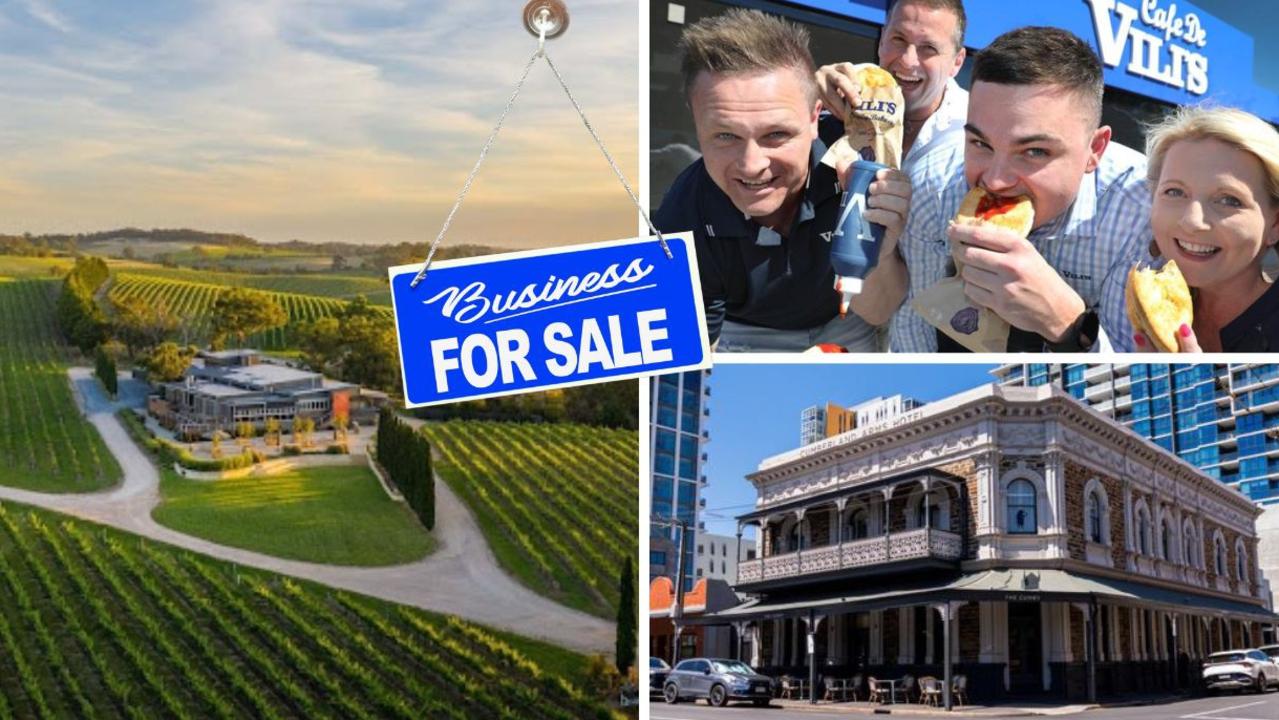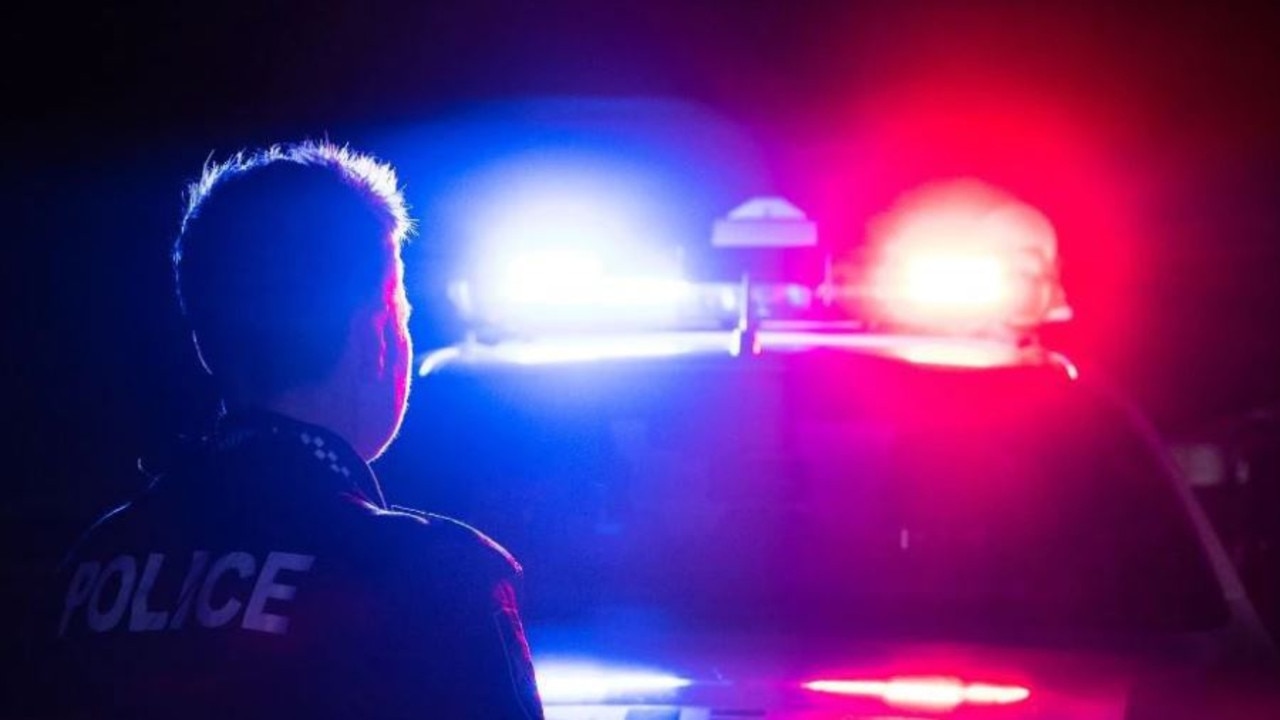The big winners from SA’s 2024 State Budget
There’s free money coming – and soon – for thousands of South Australians after Thursday’s budget.
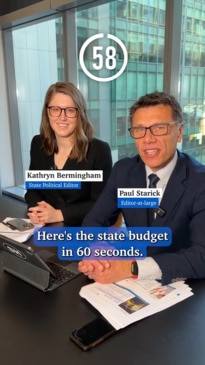
SA News
Don't miss out on the headlines from SA News. Followed categories will be added to My News.
Families with two school-age children are poised to get $600 in concessions from a $266m cost-of-living relief package, which doubles sports vouchers and extends them to music lessons.
Acknowledging many households and businesses were facing unprecedented financial pressure, Treasurer Stephen Mullighan also revealed a one-off extra $243.90 payment in June to more than 210,000 people to ease winter energy bills.
This will go to people who have already received a $243.90 state cost-of-living payment in 2023-24, along with 73,000 seniors card holders and tenants who hold concession cards. For the latter, this will be a boost from the existing payment of $122.
Public school materials and service charges will be reduced by $200, which this year were $287 for primary and $379 for secondary students, in a $24m scheme expected to support 120,000 children.
The popular $100 annual sports voucher for children from Reception to Year Nine will be doubled to $200 and extended to music lessons, which is expected to support about 100,000 children.
The budget estimates a family with two school-aged children could save $600 in 2024-25 through the doubling of sports vouchers and the school materials and service charge reduction.
Combined the federal tax cuts and energy bill concessions, this family on a combined income of $150,000 is estimated to save more than $4000 next financial year.
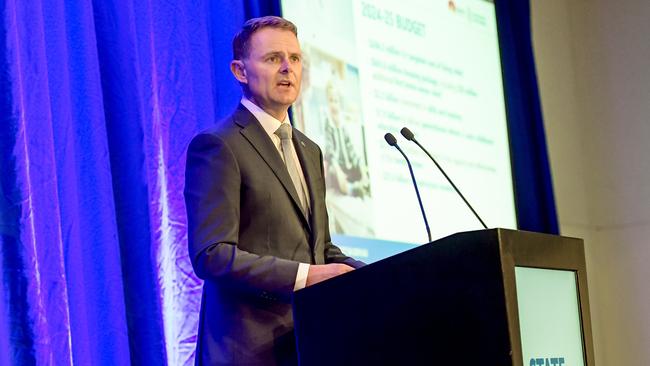
Mr Mullighan said the state must recognise the challenges it confronted and vowed to “support those most in need in our community”.
The Reserve Bank’s 13 interest rate increases in 18 months had sent mortgage costs and rents soaring, he said, while the cost of groceries, fuel, insurance and other staples remained high.
“Many South Australian households and small businesses are facing unprecedented cost-of-living pressures,” he said.
Other relief measures include a $10.6m measure to extend access to concessional public transport fares to all health care card holders, expected to benefit an extra 15,000 people by providing savings of up to $2.25 per trip.
Tenants in more than 3500 public and community homes will get access to a $35.8m program of insulation improvements and replacing inefficient appliances, designed to reduce energy bills.
Up to 8000 small businesses and not-for-profit groups will be eligible for grants between $2500 and $50,000 for energy efficient equipment, such as fridges or airconditioners, or other improvements to cut and manage their energy usage and costs.
An extra $18.4m over four years is allocated to non-government organisations delivering government community services, designed to help meet rising costs.
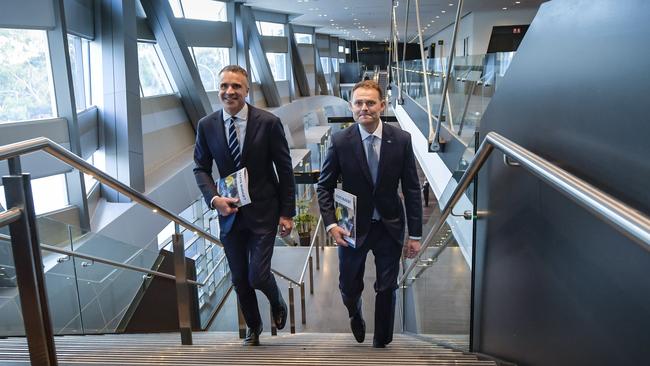
Other State Budget measures include:
A RECORD $2.5bn in extra funding for the ailing health system, bringing Labor’s total extra investment to $7.1bn over the past three budgets
ANOTHER $715m over five years to implement early childhood education measures, including $339.7m for universal 3-year-old preschool and $127.3m for more preschool hours to support children most in need
A $692.6m increase in skills funding over the next five years to train South Australians for the jobs of the future
$13.7m OVER three years to improve waterbird habitat at the Lake Hawdon North wetland site, near Robe in the South East
CONSTRUCTION of more than 1900 homes at Seaton and Noarlunga Downs at a cost of $576m
$20.8m TO increase marketing of South Australia both interstate and overseas, and $14m over four years to expand the Business Events Fund to boost visitation in winter months
AN investment of $218m to build a new preschool and primary school in Mount Barker and a new high school in Adelaide’s northern suburbs
MORE than $200m to build more than 350 extra bed’s in South Australia’s prison system
$20m FOR small business energy grants
$8.3m OVER four years to ensure the Tour Down Under continues as a world-class event
Stamp duty abolished for new home builds in SA
By Michael McGuire
Stamp duty will not be reduced for first home buyers buying existing homes, with Treasurer Stephen Mullighan ruling that option out, claiming it will only lead to higher house prices.
In his budget speech, Thursday Mr Mullighan said the state government believed the supply of homes to be the priority and that is why it has abolished stamp duty for first home buyers who are buying or building a new home.
“While some believe stamp duty relief and the First Home Owner Grant should go to purchases of existing homes, we know that in practice drives up prices to benefit vendors, not first homebuyers, and does not nothing to boost supply,’ Mr Mullighan said.
“We know the common trait that is causing the housing affordability problems we have in South Australia is a fundamental lack of housing supply,’’ he said.
Liberal leader David Speirs last week called for a $10,000 reduction on stamp duty for established homes up to the value of $750,000 for first home buyers.
Mr Mullighan said Thursday the stamp duty and first homeowner grant changes would give first homebuyers a “$50,000 head start’’ on the purchase of a $750,000 home.
Stamp duty relief for first home buyers had previously been capped at $650,000 but the Treasurer said the median cost of a home was now $745,000 and this latest move would provide “certainty’’ to potential new homeowners even if prices continued to rise.
The Treasurer also said the state government was spending $843 million over the next decade to build 2383 homes.
The state government has already announced $576 million to redevelop SA Housing Trust land at Seaton, which is forecast to deliver 1315 homes and 626 dwellings on vacant land Noarlunga Downs.
“Many of those homes are on very large blocks and are outdated homes, no longer fit for purpose,’’ he said.
He said the plan was to put more social and affordable housing in its place as well as “market sales for people looking for a good place to live in a well-located suburb like Seaton’’.
The state government also included $135.8 million over five years to build and upgrade 442 social houses over the next four years, as part of a scheme run by the Commonwealth. The money will be spent in community housing projects in Camden Park, Oaklands Park, Seaton and Eastwood.
The state government has also set aside $30 million over three years to develop housing in regional areas and will seek feedback from local governments to determine how that money will be allocated.





